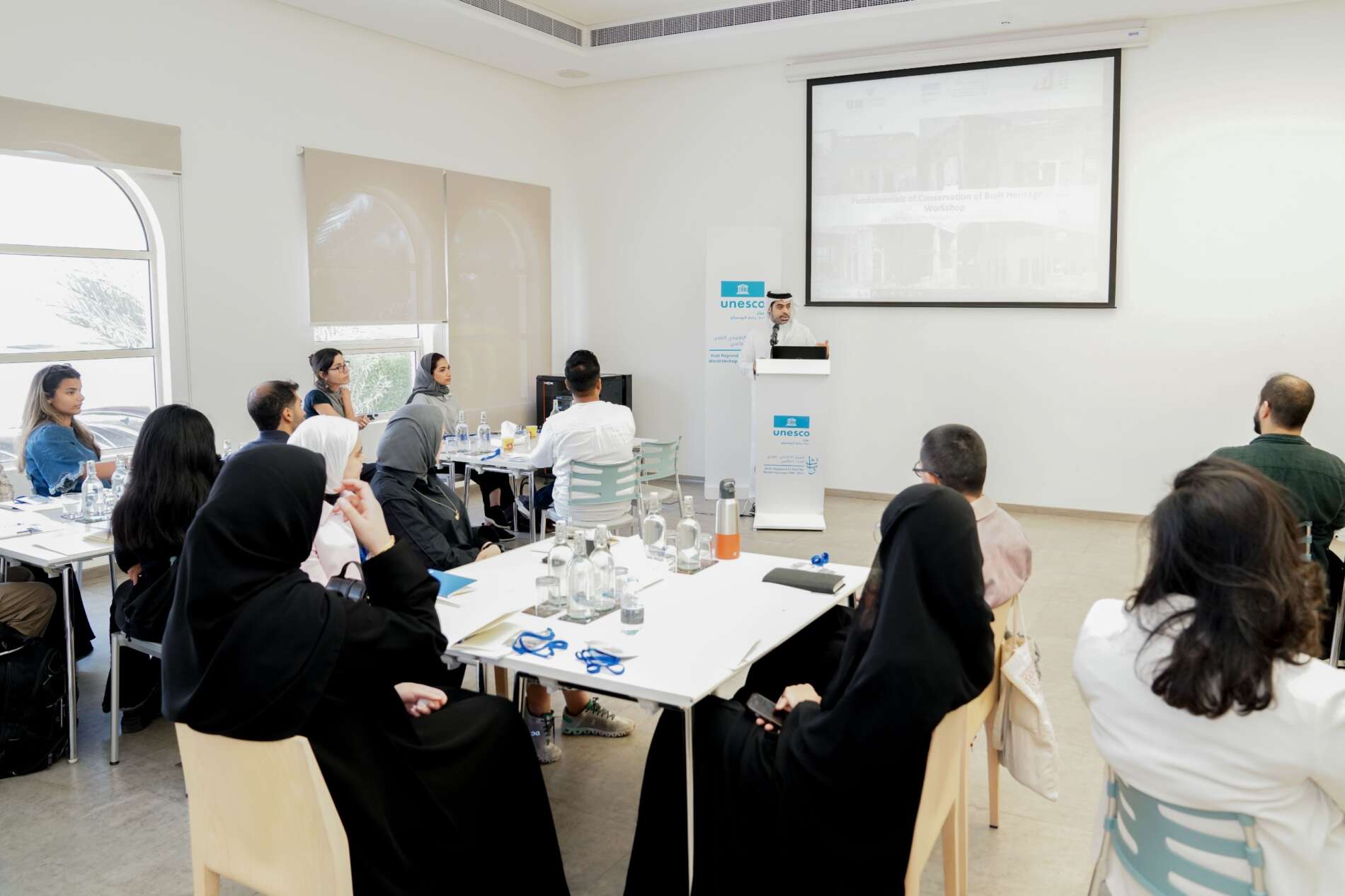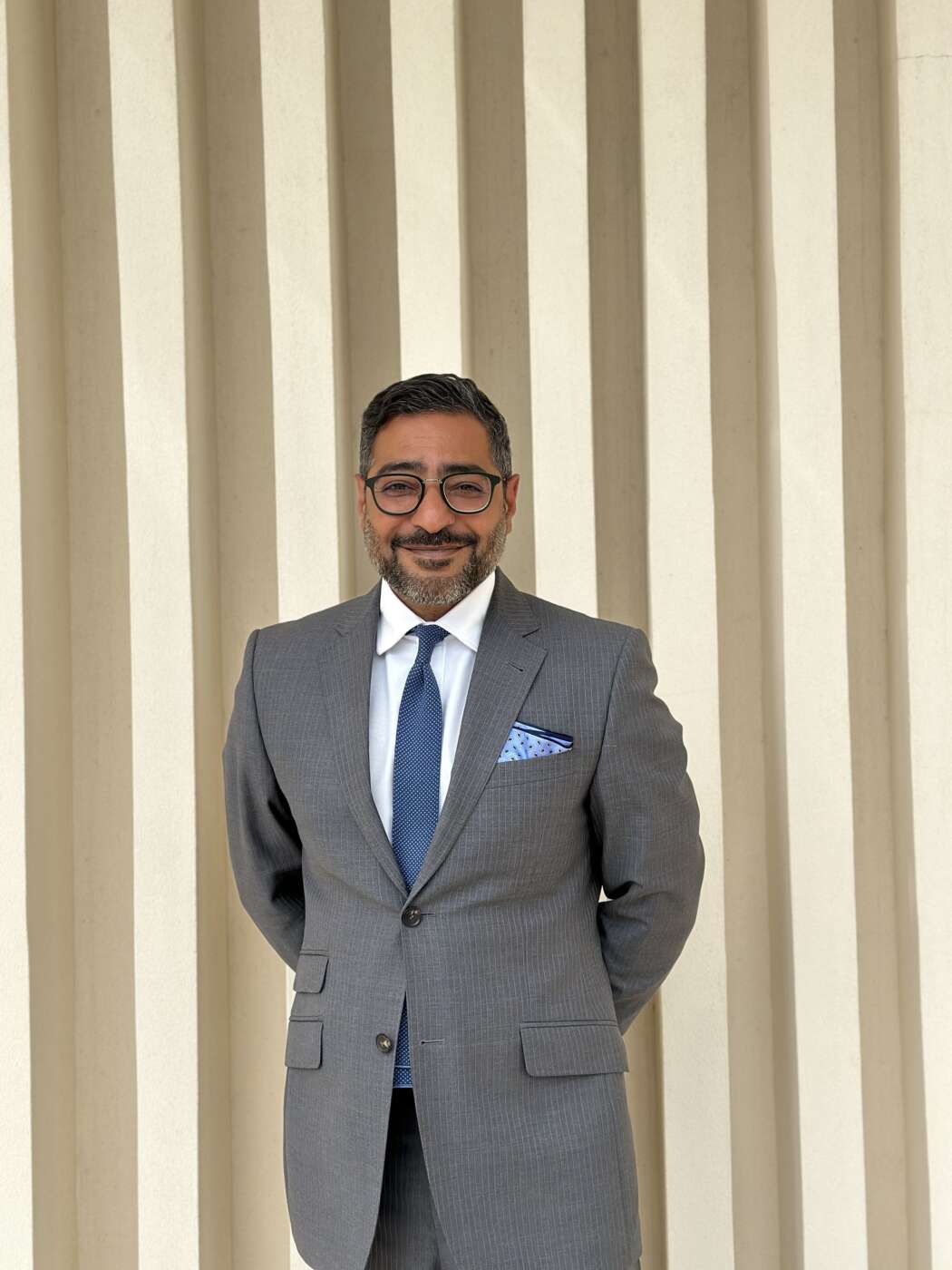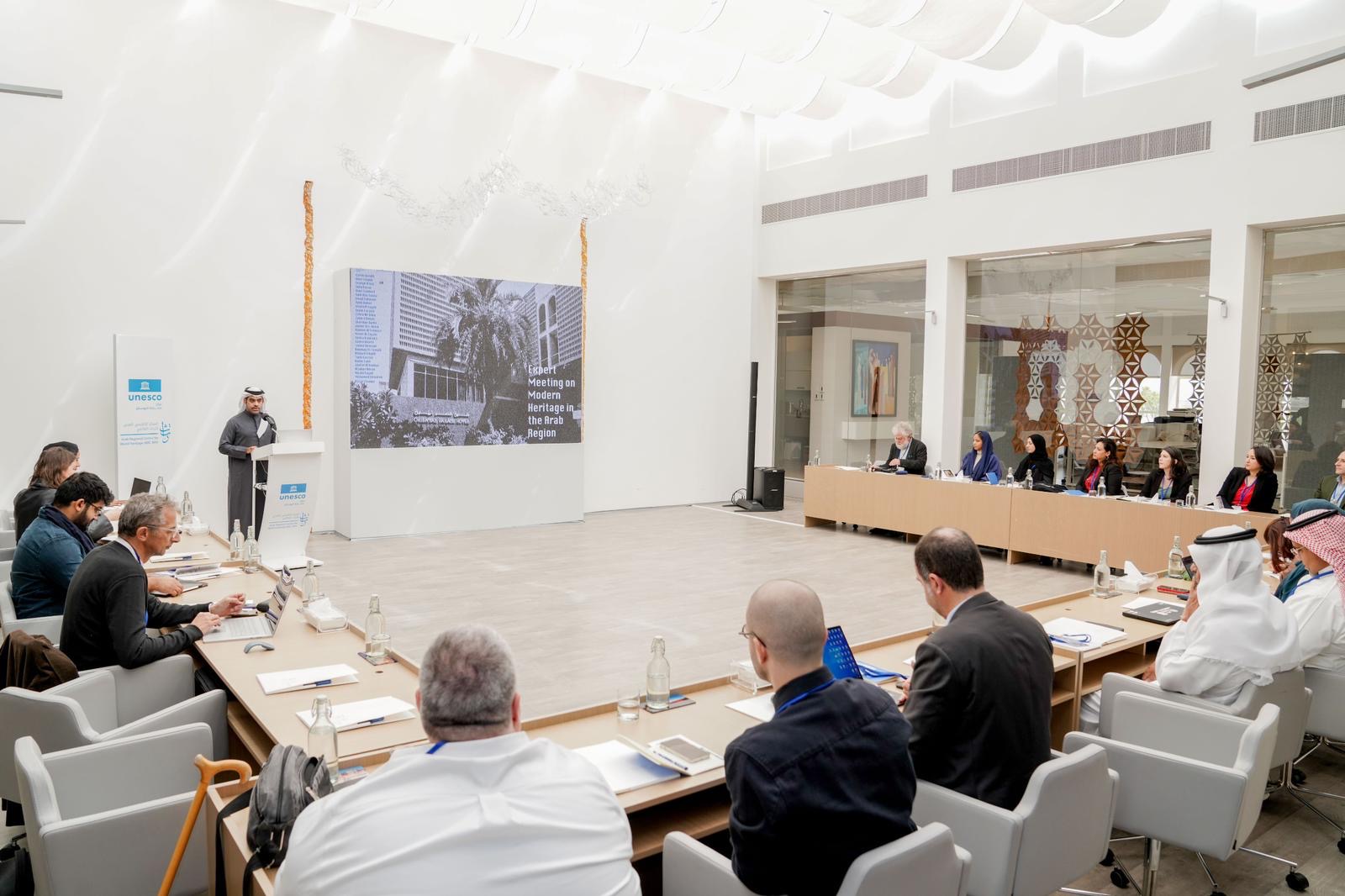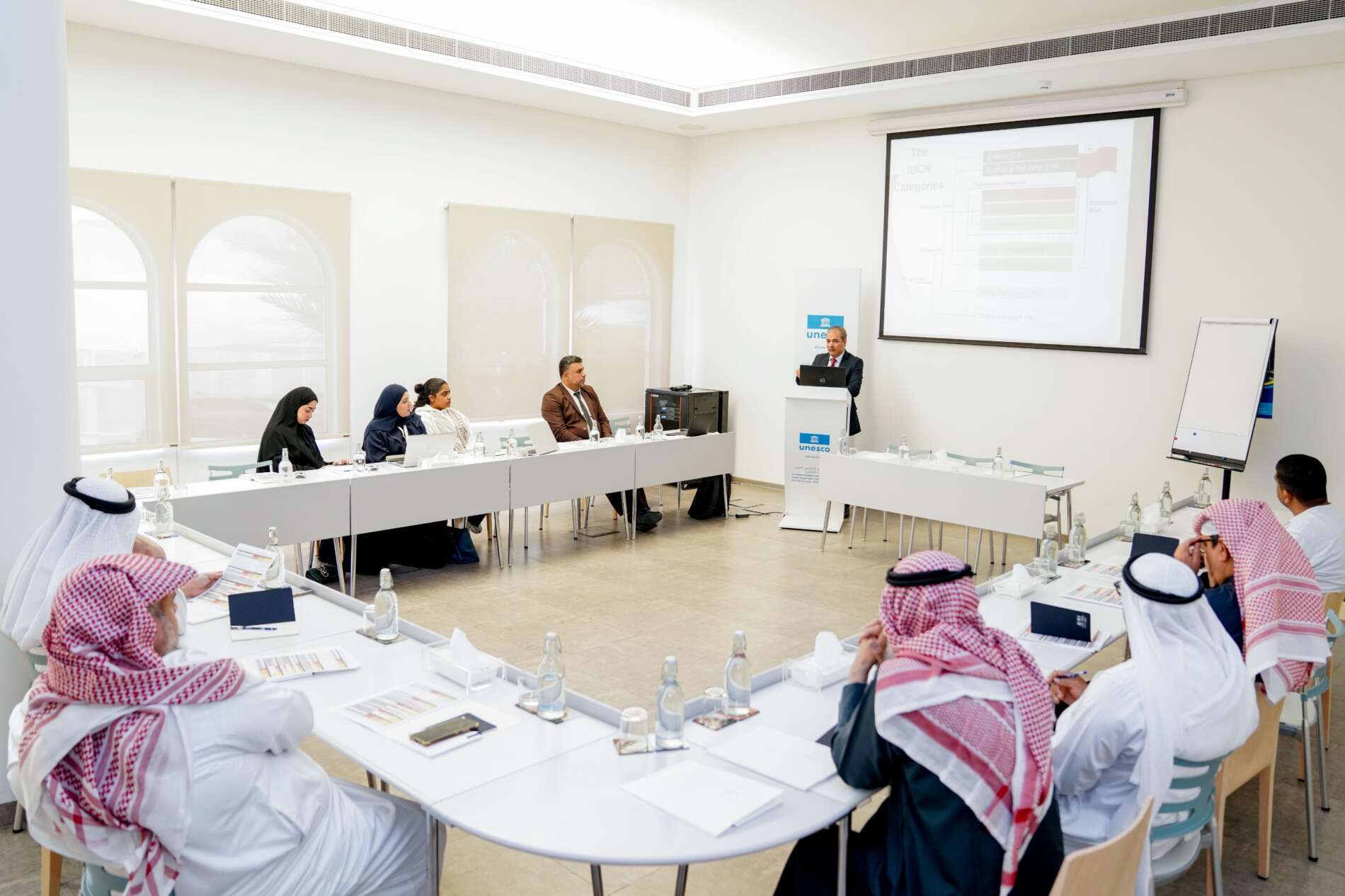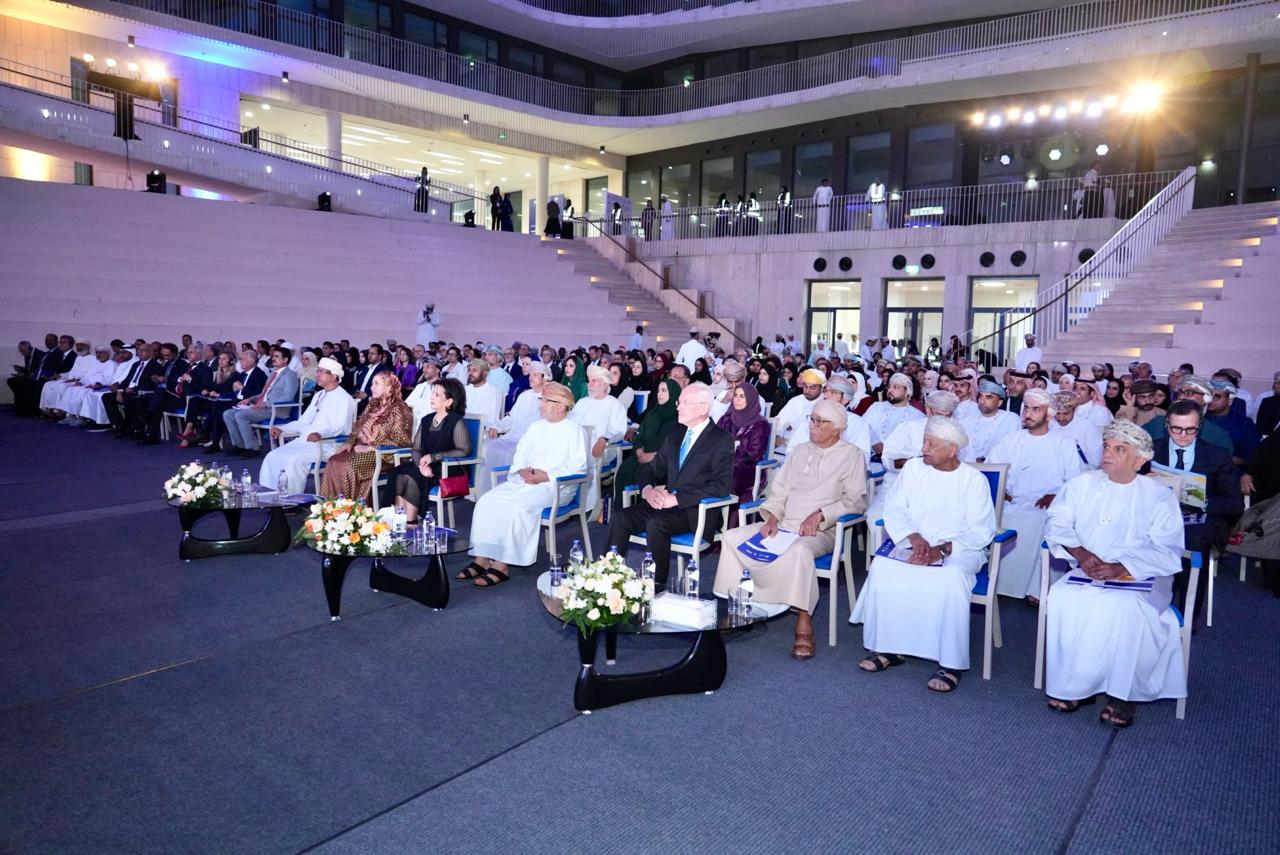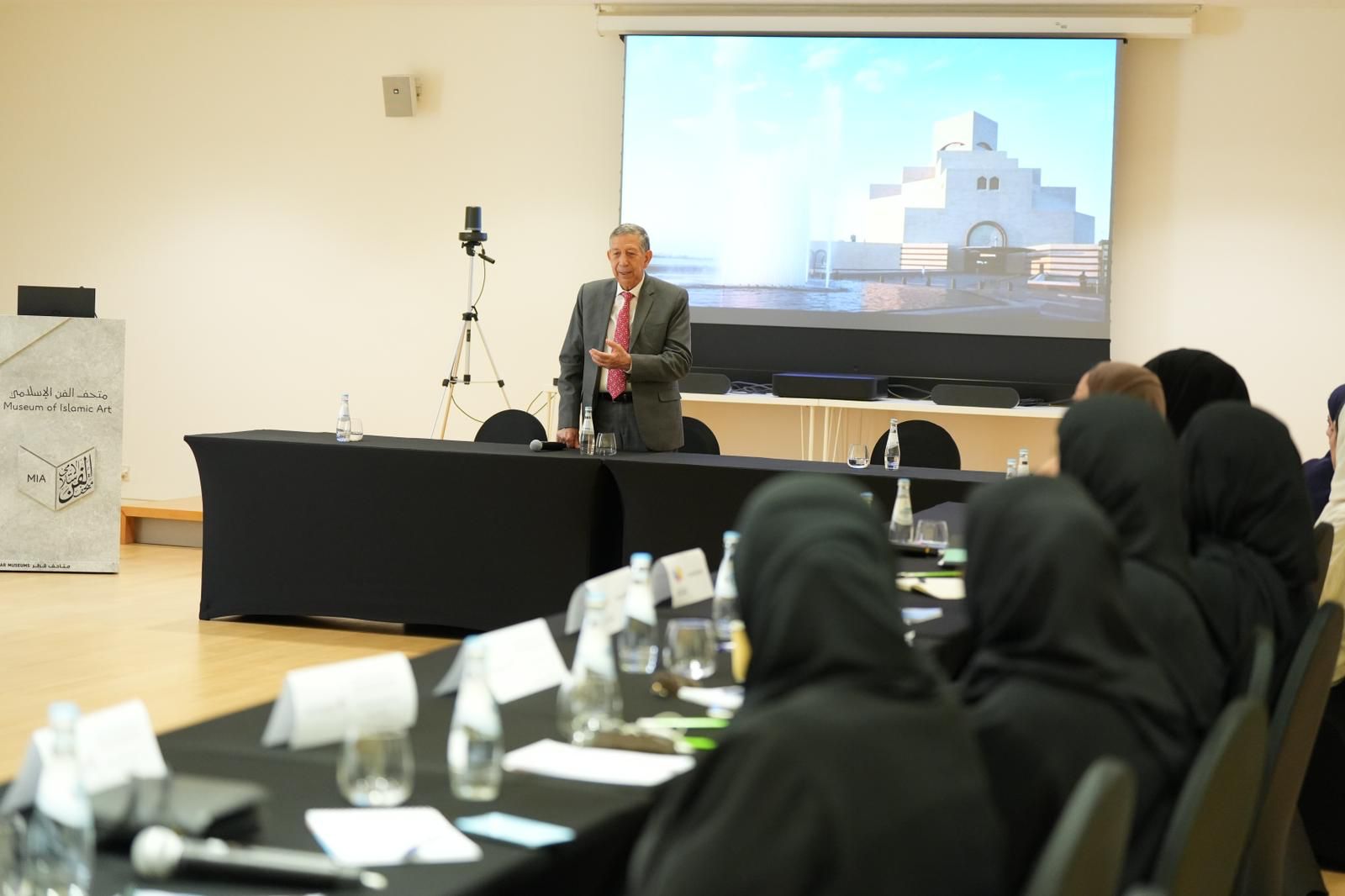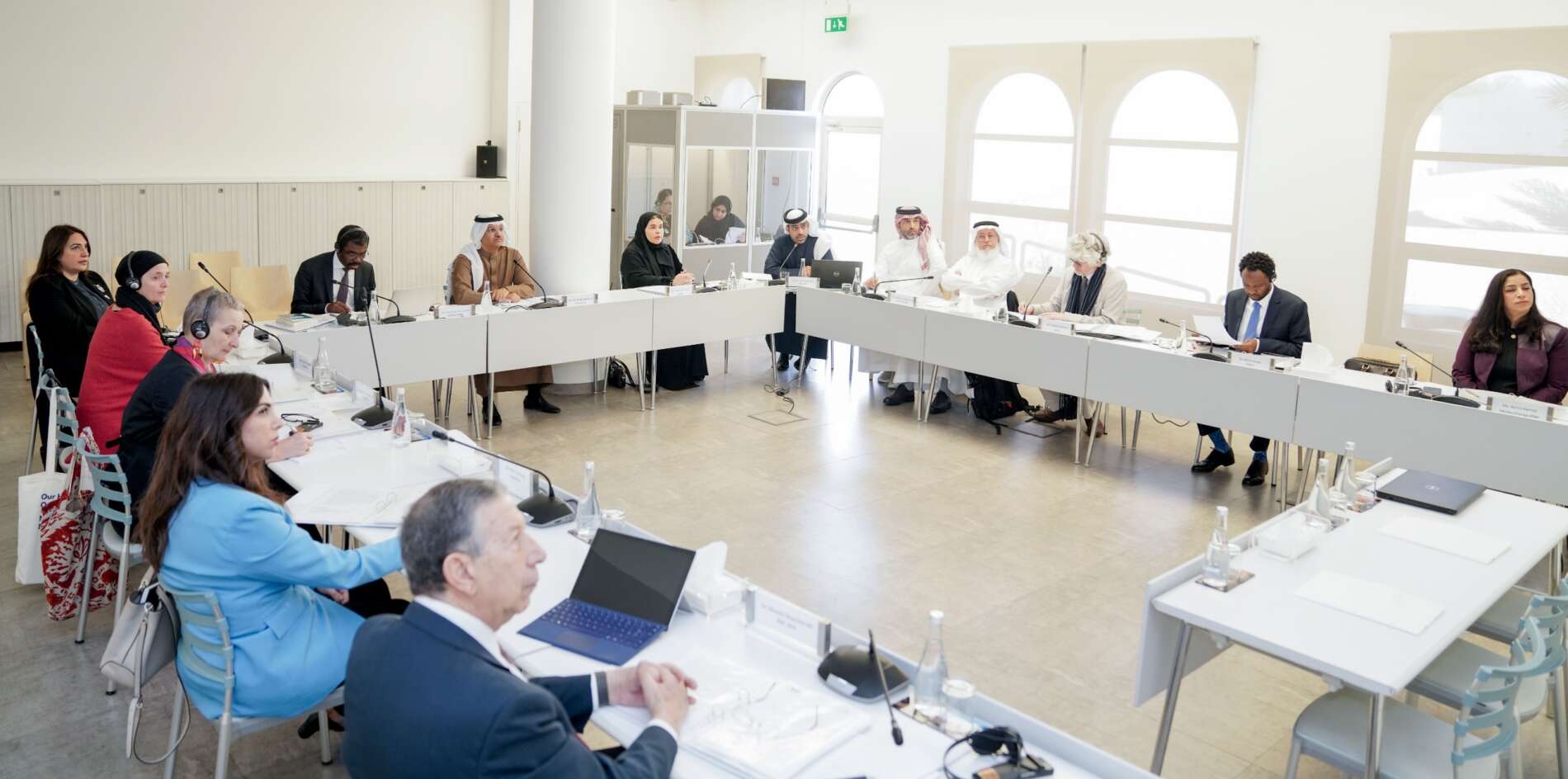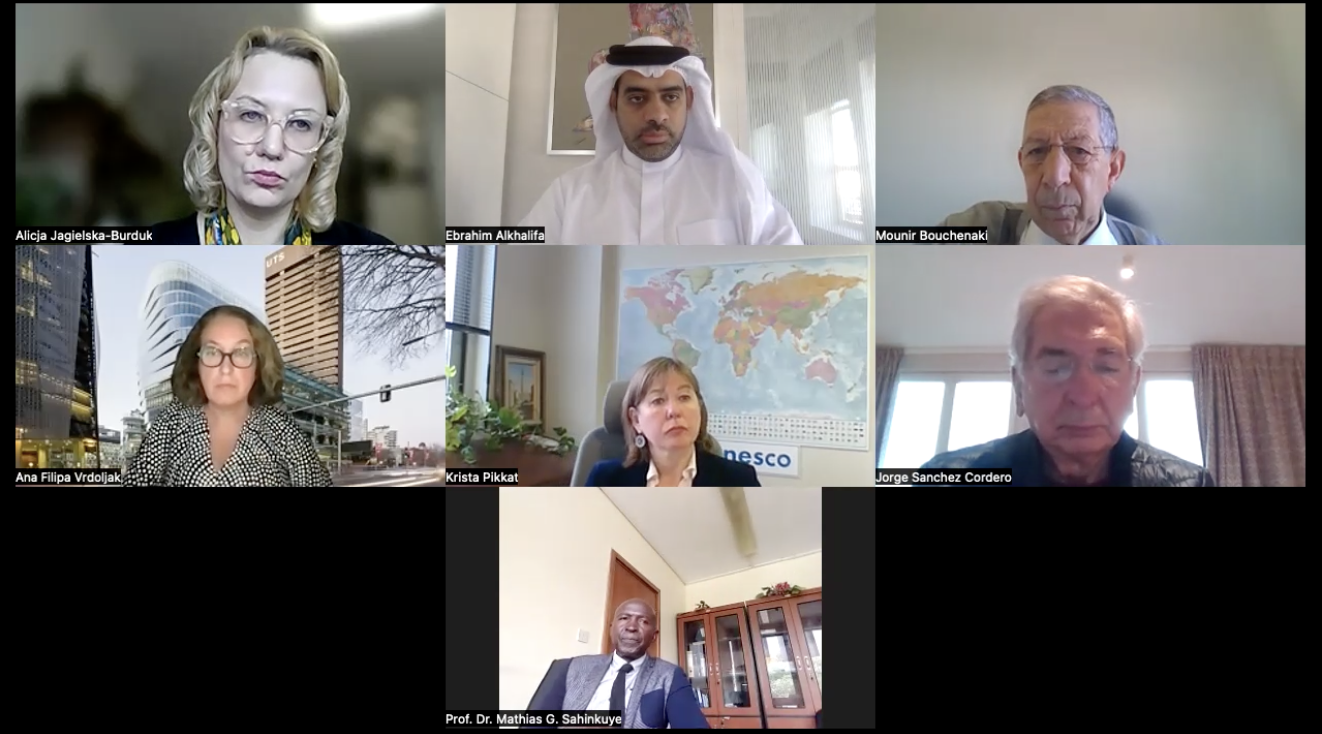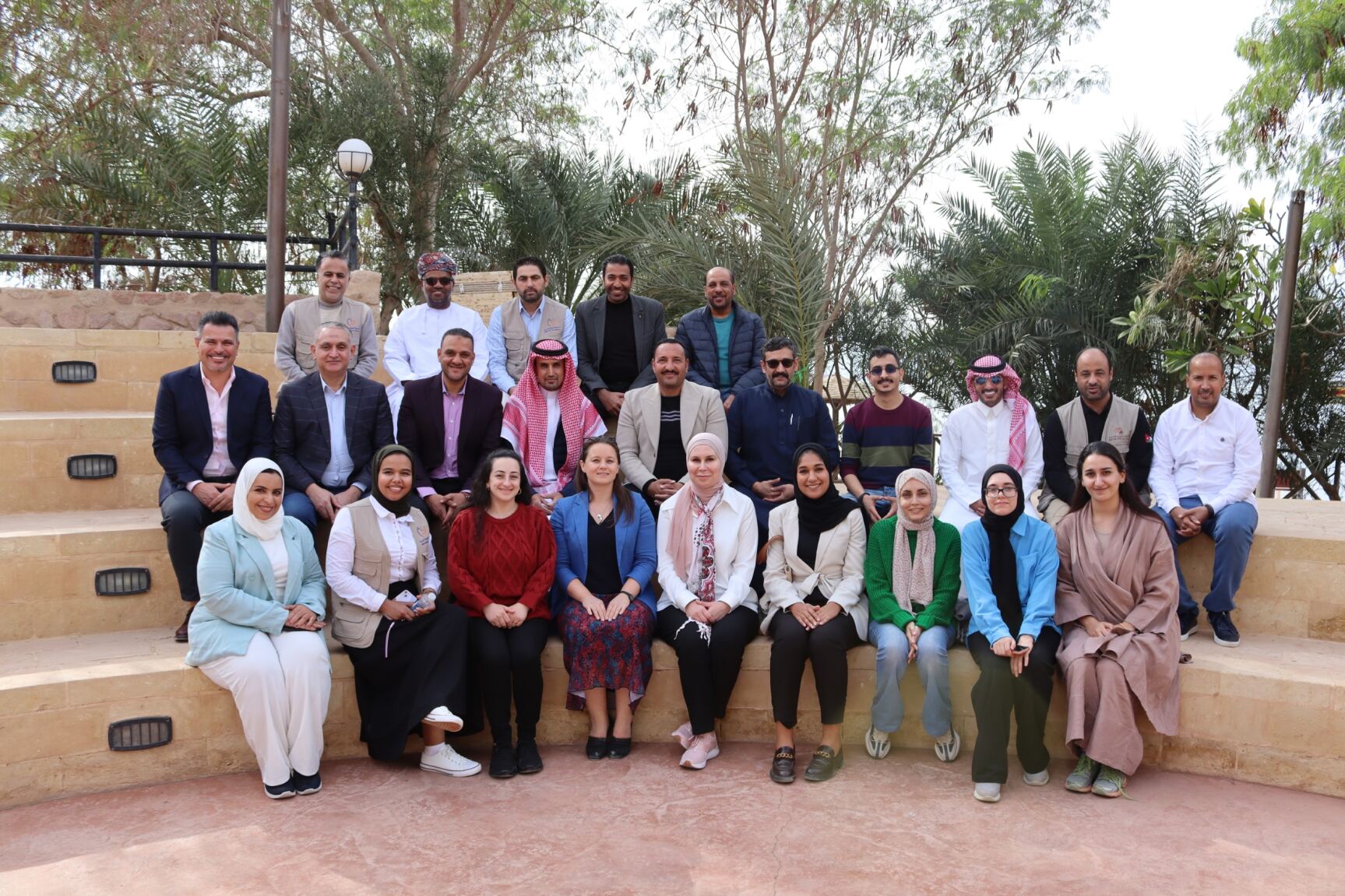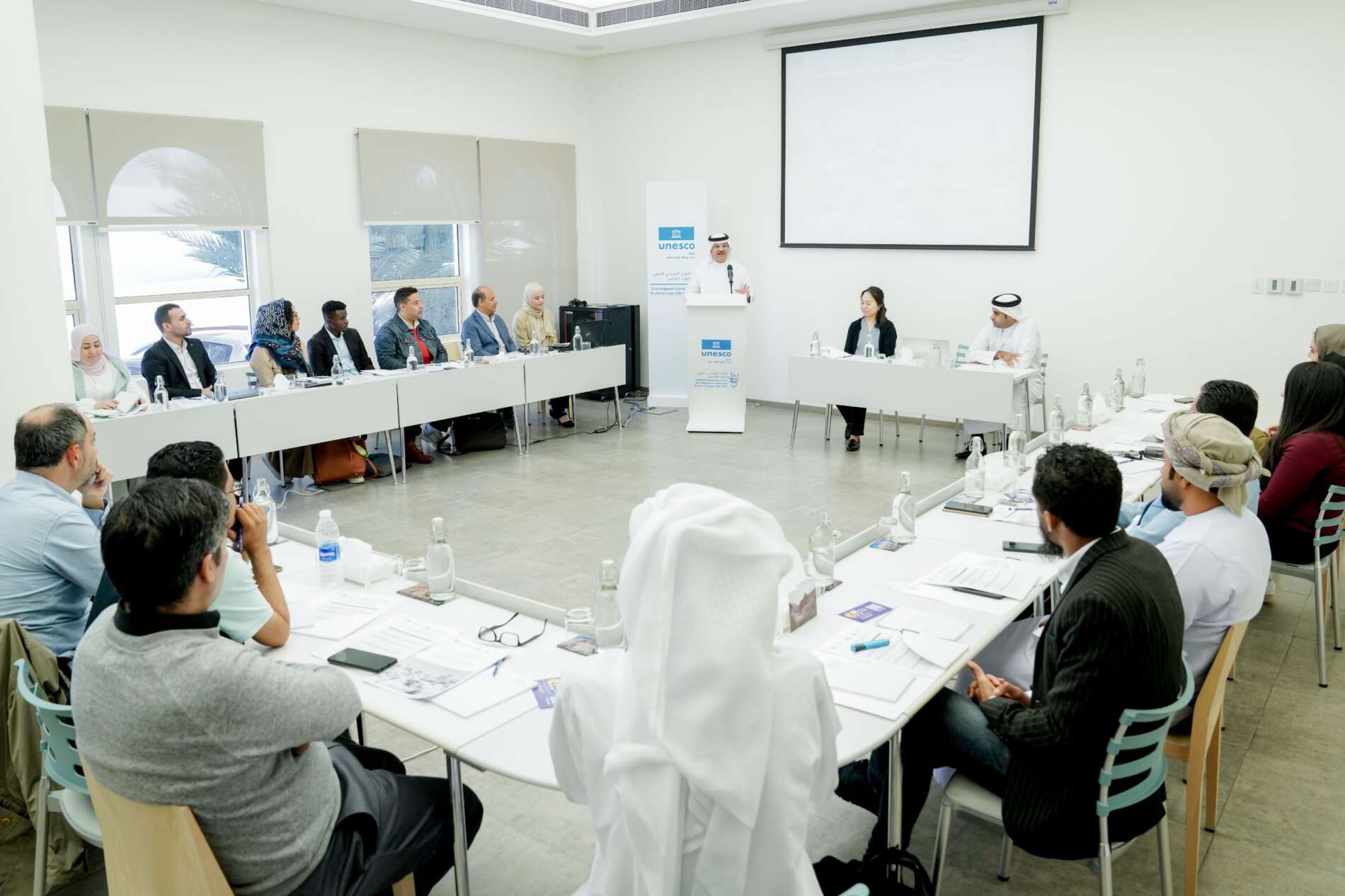
With the participation of more than 20 experts from different Arab countries, ARC-WH hosted a workshop on Impact Assessment in the context of World Heritage.
Yesterday, Monday, 27 November 2023, the workshop titled “Impact Assessment in the Context of World Heritage” took place and will continue for three consecutive days at the Arab Regional Centre for World Heritage (ARC-WH), in the presence of His Excellency Sheikh Khalifa bin Ahmed bin Abdullah Al Khalifa, Chairman of ARC-WH’s Board of Directors.
The workshop is organised in collaboration between ARC-WH and the World Heritage Leadership Programme (WHL), a capacity-building programme by the International Centre for the Study of the Preservation and Restoration of Cultural Property (ICCROM), the International Union for Conservation of Nature (IUCN), and the Norwegian Ministry of Climate and the Environment. More than 20 participants, including site managers, experts, and specialists representing public and private institutions from Arab States such as Oman, Egypt, Sudan, Yemen, Saudi Arabia, Bahrain, the United Arab Emirates, Palestine, Jordan, Lebanon, Morocco, Syria, Tunisia, and Kuwait, are participating in the workshop.
His Excellency Sheikh Khalifa bin Ahmed bin Abdullah Al Khalifa stated that this workshop concerns significant challenges facing cultural and natural World Heritage sites in Arab countries. He emphasized that the preservation and conservation of these sites are integral to global efforts to promote sustainable development and support local communities. He commended the cooperation between ARC-WH and its regional and international partners in the success of the workshop, expressing his anticipation of continued collaboration to enhance the capacities and knowledge of Arab experts.
Throughout the three-day workshop, participants will acquire the knowledge to use the tools of “Impact Assessment” in the context of World Heritage. These tools assist in identifying potential negative effects of various types of development activities in the vicinity of World Heritage sites, such as urban development, pressures of uncontrolled tourism, and others, and contribute to making better decisions in the interest of these sites. Through conducting Impact Assessments, it is also possible to avoid negative consequences that may impact the surrounding local communities. The workshop also provides an opportunity to empower participants with internationally recognized skills and knowledge in managing, protecting, and conserving World Heritage sites and how to connect them to impact assessment tools.
The Arab Regional Centre for World Heritage continues its efforts to build the capacities of Arab experts in the field of World Heritage as part of its strategy aimed at supporting and assisting Arab countries in implementing the 1972 World Heritage Convention.

